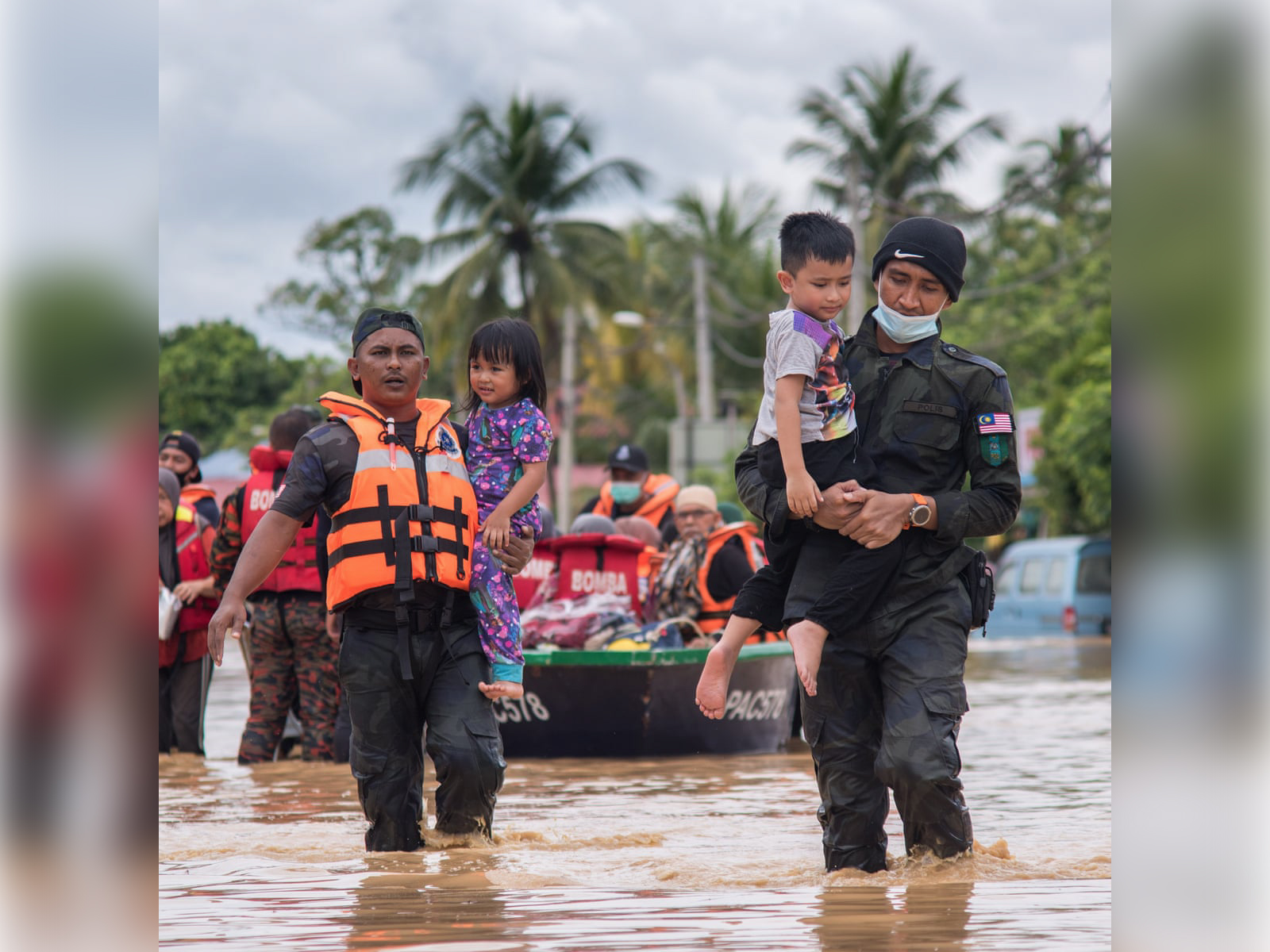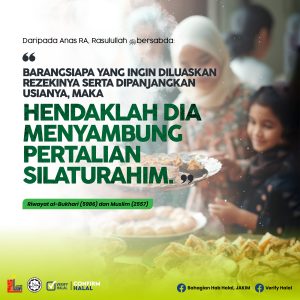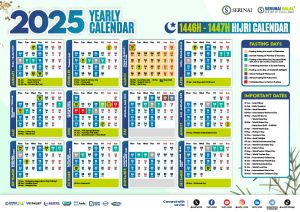Being near the equator, Malaysia does not have four seasons and we are fortunate not have to deal with the cold and flu that come with changing seasons, as well as diseases like seasonal affective disorder.
In our tropical environment, however, not everything is as easy as it appears. Depending on the monsoon season and topography, the weather is either hot and dry or wet and rainy. During the overcast season, it frequently rains heavily, causing flooding in numerous states. For example, the floods caused by excessive rain in numerous states throughout Peninsular Malaysia in mid-December this year caused extensive devastation, resulting in deaths and property destruction, and created the need of public health awareness campaign.
With such disasters predicted to occur more regularly in the future, they also carry with them a slew of possible health issues, and we don’t want to create another disaster, so remaining healthy is critical. Keeping well during the rainy season necessitates some extra measures, but we can put together some helpful information on how to avoid infection and disease during Monsoon season.
Damp and humid conditions are ideal breeding grounds for bacteria, which can host a variety of disease-causing pathogens.
Mosquitoes are attracted to stagnant water when there is a lot of rain, which increases the risk of malaria and dengue fever. Waterborne illnesses, food poisoning, coughs, colds, and the flu are all on the rise as a result of the increased stagnant water, while skin infections like athlete’s foot are also on the rise during the rainy season.
One of the preventive measures that should be taken is to ensure that the water used is clean and safe, to always wash hands with clean water, to drink water that has been cooked beforehand, to eat freshly cooked meals, to peel the skin of fruit before eating, to avoid eating raw vegetables, to use clean water when washing vegetables, fruits, raw materials, and all equipment during the preparation of food and drink, and to dine in a clean and hygienic food court. When dining outside, consider food handlers who have gotten an anti-typhoid injection.
As we highlighted more about clean and hygienic food and water and avoiding eating raw material, one cannot dispute that it fit with the Halalan-thoyyiban philosophy. Aside from adhering to the Syariah legislation of Halal, which is mandatory for Muslims, the food safety component is an important factor in defining the thoyibban, or wholesome (safe, clean, nutritious, and quality) features of the food. Islam ensures that these aspects of thoyyiban are not taken lightly.
The Quran states that: “Eat of what is on earth, lawful and good” (2:168). In this verse, word “Halal” becomes the basis for the order to eat food and drink which are Halal and good because not all Halal foods are good.[1] In this context, it will not be good if it causes harm to your body and, in particular, your health.
The Monsoon often delivers much-needed reprieve from the hot and dry weather, but the rains also increase vulnerability to infection and illness. Taking a few easy measures, such as those outlined above, can help protect your health and those of your family throughout the rainy season.
Let us all continue to do our part to safeguard those we care about. We must ensure that the food we consume is safe, hygienic, nutritious, and of high quality. Make your health and the health of your family a priority. To learn more about the notion of Halalan-thoyyiban, you can consult our Halal certification experts and standards at the Halal Center of Excellence or visit visit https://serunai-test-7ab8bd.ingress-earth.ewp.live/Halal-coe/
[1] (Nafis, 2019)













Like (0)